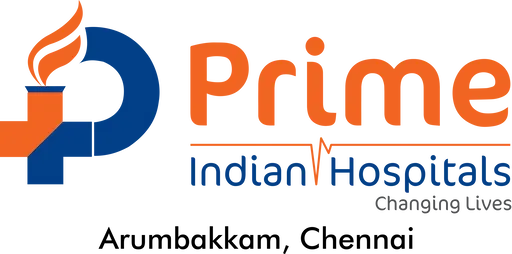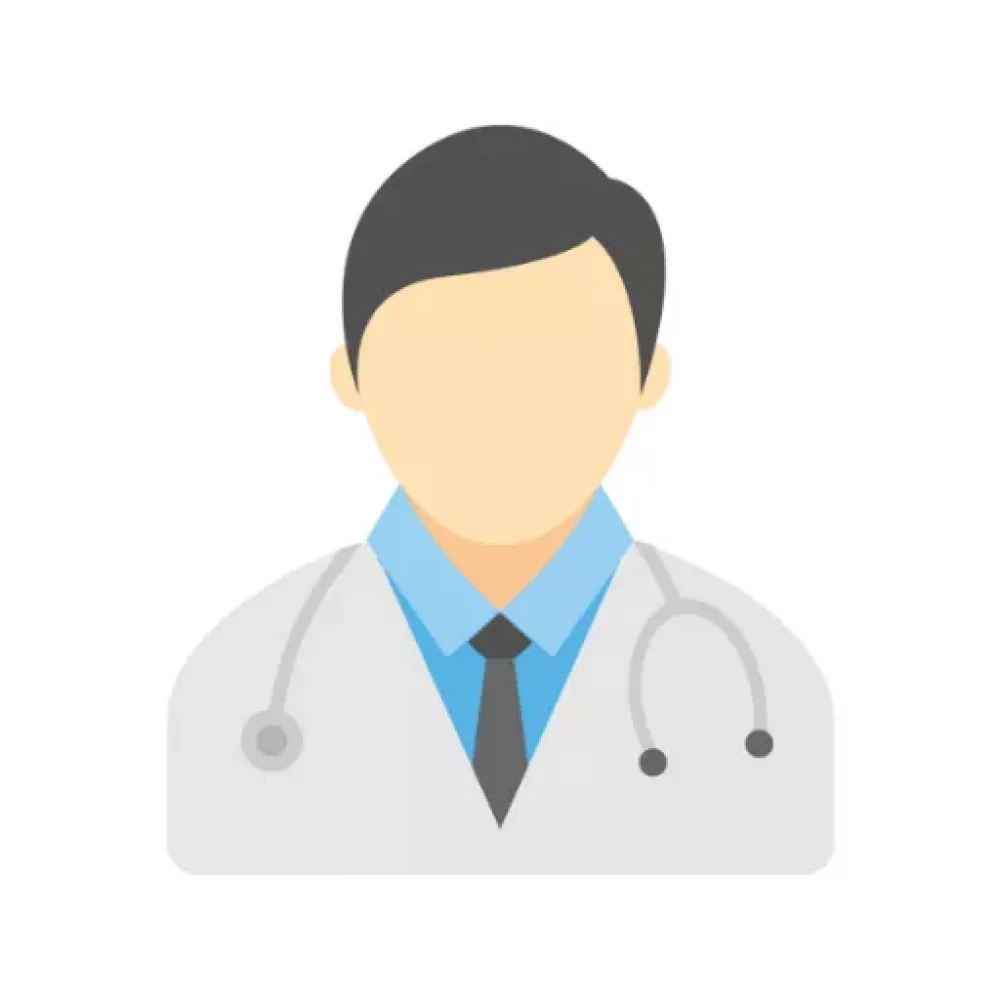CT Scan / Dialysis scan is a vital diagnostic tool that provides detailed images of the kidneys and surrounding organs. It is used to detect conditions such as kidney stones, tumors, cysts, infections, and other abnormalities. Unlike traditional X-rays, CT scans offer clearer and more precise images, aiding in early diagnosis and more effective treatment planning. The procedure may involve the use of contrast dye to enhance visibility, especially for blood vessels and soft tissues.
Although the scan involves a small amount of radiation, its ability to detect kidney problems accurately makes it indispensable in healthcare. A 24-hrs pharmacy ensures continuous access to necessary medications for timely interventions.
What is a CT Scan of the Kidney?
A CT scan of the kidney uses X-rays and computer technology to create detailed cross-sectional images of the kidneys and surrounding organs. It helps detect kidney stones, tumors, cysts, and other structural abnormalities. In some cases, contrast dye is injected to enhance visibility, allowing clearer imaging of blood vessels and tissues. The scan provides detailed views of the kidney’s size, shape, and overall health, assisting in diagnosis and treatment planning. CT scans offer more precise results than traditional X-rays, making them essential for evaluating kidney function and detecting potential issues.
- Detailed Kidney Imaging: Provides clear and precise images highlighting abnormalities.
- Detects Kidney Stones and Tumors: Helps identify kidney stones, tumors, and cysts that may not be visible with other imaging techniques.
- Contrast Dye Usage: Enhances the visibility of blood vessels and tissues for a clearer diagnosis.
A CT scan is crucial for accurate kidney assessments, guiding doctors toward the right diagnosis and treatment.
Reasons for a CT Scan of the Kidney
CT scans of the kidneys are used for various reasons, primarily to detect kidney stones, tumors, cysts, and other abnormalities. They provide essential information on the size, location, and number of kidney stones, helping guide treatment options. The scan also aids in identifying tumors or cysts, which might not be visible with other imaging techniques like ultrasound. Additionally, CT scans help monitor kidney function and assess damage caused by conditions such as hypertension or diabetes. For patients undergoing surgery, a CT scan provides valuable information to plan procedures and assess post-operative recovery.
- Kidney Stones: Detects kidney stones, providing crucial information on size, location, and number.
- Tumors and Cysts: Identifies tumors and cysts, which may not be visible with other imaging techniques.
- Chronic Disease Monitoring: Assesses kidney function and damage due to chronic conditions like hypertension or diabetes.
CT scans play a key role in diagnosing kidney conditions early, ensuring proper treatment.
Risks of a CT Scan
Although CT scans are generally safe, there are some risks associated with the procedure. One risk is radiation exposure, which is higher than in traditional X-rays. While the risk from a single scan is minimal, repeated exposure over time could increase the risk of cancer. Another potential risk is the allergic reaction to contrast dye, which may cause itching, swelling, or discomfort. Patients with kidney problems should be cautious, as the dye can worsen kidney function. Pregnant women are usually advised against having CT scans unless absolutely necessary due to the potential risks to the fetus.
- Radiation Exposure: CT scans involve higher radiation exposure compared to standard X-rays.
- Allergic Reactions to Dye: Contrast dye may cause allergic reactions in some individuals.
- Caution for Kidney Issues: Patients with kidney problems should be cautious, as the dye can affect kidney function.
By informing the doctor of any health issues or medications, patients can minimize risks and ensure a safe procedure.
Kidney CT Procedure
During a kidney CT scan, the patient lies on a motorized table, which moves through the CT scanner to capture detailed images of the kidneys and surrounding tissues. If contrast dye is used, it is injected into the bloodstream to enhance the images. The patient may be asked to hold their breath for a few seconds while the images are taken to ensure clarity. The scan typically takes about 10-15 minutes, although additional time may be needed if more images are required. Once the scan is complete, the images are processed and analyzed by a radiologist for further evaluation.
- Positioning: The patient lies on a motorized table, and images are taken as they pass through the scanner.
- Contrast Dye: If used, the contrast dye is injected into the bloodstream to improve image quality.
- Scan Duration: The procedure lasts about 10-15 minutes, requiring the patient to remain still for optimal results.
CT scans are efficient and provide high-quality images essential for kidney diagnosis.
CT Scan Preparation
Preparation for a CT scan is typically simple. Patients may need to fast for a few hours before the procedure, particularly if contrast dye is used. It’s essential to inform the healthcare provider about any allergies, kidney problems, or medications being taken. Pregnant women should notify the doctor, as radiation exposure could harm the fetus. Some patients may be asked to drink water before the procedure to ensure proper hydration, especially if contrast dye is involved. Proper preparation ensures the scan is safe and provides accurate results.
- Fasting: Fasting for a few hours before the procedure may be required, especially if contrast dye is used.
- Medical History Disclosure: Inform the healthcare provider about allergies, medications, or any kidney concerns.
- Hydration: Drinking water before the procedure may be necessary for proper hydration.
Proper preparation ensures that the CT scan is safe, effective, and provides accurate information.
Conclusion
CT scans of the kidneys are a vital diagnostic tool, offering detailed imaging to detect and monitor kidney-related conditions. From identifying kidney stones and tumors to evaluating kidney function, CT scans provide crucial information that guides treatment decisions. Though the procedure involves some risks, such as radiation exposure and allergic reactions to contrast dye, these are generally manageable with proper precautions. At Prime Indian Hospital, we provide high-quality CT scan services to help diagnose and monitor kidney health. By utilizing advanced imaging technology, we ensure that our patients receive the best care possible, improving their health and quality of life. Early diagnosis and timely treatment through CT scans play a key role in managing kidney conditions and enhancing patient outcomes.














